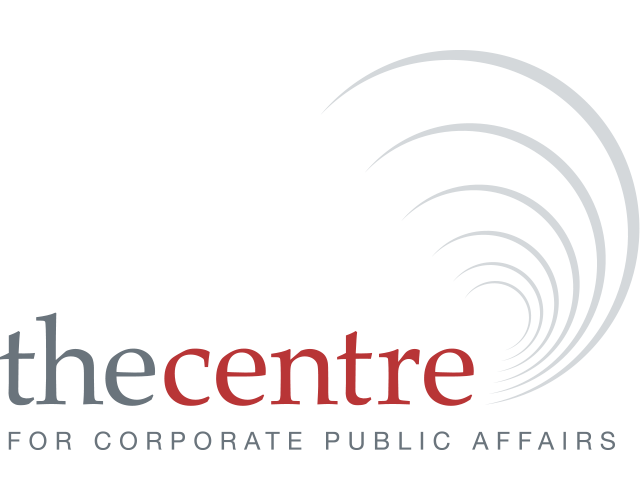Turn the page and turn it off - it's corporate speak.
There is violent agreement among most public affairs folk that 'corporate speak' - the stock in trade of some business leaders and many politicians - is playing a starring role in diminishing trust and eroding community support for companies.
From "moving forward together", to "working with stakeholders to achieve the maximum outcome for the community", to "focusing on the future together" - and the old "the interests of all citizens are upmost in our minds."
For end users - consumers of media and corporate watchers, so many of the words of corporations and politicians is all dross and means little.
The corporation that speaks in the language of the community has the most prospect of cutting through and associating itself with the people it is really wanting to reach with simple language - consumers, shareholders, other enterprises, governments, regulators, opinion leaders.
Have a read of former Prime Ministerial speech writer Don Watson's excellent book Death Sentence to check if your writings and the pronouncements of your organisation are as horrible as some. Actually not some. Many.
Sometimes the problem is that public affairs practitioners let the lawyers dictate language around difficult issues, allowing compliance experts to override communication experts. Or, practitioners defer to financial folk or technical experts bedazzle consumers or journalists with their communication skills and fine turn of word.
Best practice sees the public affairs function not only at the table when key management decisions are made, but also defers to public affairs to translate important messages and communications into the language that most people speak and understand.
Lawyers and technicians can highlight important content issues. But the absence of these folk in crafting communications in corporate public affairs teams, writing front page newspaper stories, reporting headline television news or reporting for new radio, could provide a hint about their communication smarts.
Language is very powerful. It contributes to how people perceive and react. Keeping it simple, and avoiding gobbledygook and weasel words is a good start for organisations keen to communicate that they understand people.
Slipping into and staying in corporate speak mode sends a message too - most frequently the wrong one.
